Abstract
BACKGROUND AND PURPOSE: Widespread brain structural changes are seen following extended spaceflight missions. The purpose of this study was to investigate whether these structural changes are associated with alterations in motor or cognitive function.
MATERIALS AND METHODS: Brain MR imaging scans of National Aeronautics and Space Administration astronauts were retrospectively analyzed to quantify pre- to postflight changes in brain structure. Local structural changes were assessed using the Jacobian determinant. Structural changes were compared with clinical findings and cognitive and motor function.
RESULTS: Long-duration spaceflights aboard the International Space Station, but not short-duration Space Shuttle flights, resulted in a significant increase in the percentage of total ventricular volume change (10.7% versus 0%, P < .001, n = 12 versus n = 7). The percentage of total ventricular volume change was significantly associated with mission duration (r = 0.72, P = .001, n = 19) but negatively associated with age (r = −0.48, P = .048, n = 19). Long-duration spaceflights resulted in significant crowding of brain parenchyma at the vertex. Pre- to postflight structural changes of the left caudate correlated significantly with poor postural control; and the right primary motor area/midcingulate correlated significantly with a complex motor task completion time. Change in volume of 3 white matter regions significantly correlated with altered reaction times on a cognitive performance task (bilateral optic radiations, corpus callosum, splenium). In a post hoc finding, astronauts who developed spaceflight-associated neuro-ocular syndrome demonstrated smaller changes in the percentage of total ventricular volume than those who did not (12.8% versus 6.5%, n = 8 versus n = 4).
CONCLUSIONS: While cautious interpretation is appropriate given the small sample size and number of comparisons, these findings suggest that brain structural changes are associated with changes in cognitive and motor test scores and with the development of spaceflight-associated neuro-optic syndrome.
ABBREVIATIONS:
- CDS
- code substitution
- CPT
- continuous performance
- %ΔVV
- percentage total ventricular volume change
- FTT
- Functional Task Test
- ISS
- International Space Station
- LSAH
- Lifetime Surveillance of Astronaut Health
- NASA
- National Aeronautics and Space Administration
- PVE
- partial volume estimation
- SANS
- spaceflight-associated neuro-ocular syndrome
- WinSCAT
- Spaceflight Cognitive Assessment Tool for Windows
Footnotes
This study was funded by a grant from the National Aeronautics and Space Administration (NNX13AJ92G). Dr Nietert's time on this project was funded, in part, by the National Institutes of Health National Center for Advancing Translational Science (grant No. UL1-TR001450) and the National Institute of General Medical Sciences (grant No. U54-GM104941). Dr Inglesby's time on this project was funded by a Minorities in STEM Student Scholarship from the South Carolina Space Grant Consortium (grant No. NNX15AL49H).
All study data were provided by the NASA Lifetime Surveillance of Astronaut Health office. The study was approved by the NASA Johnson Spaceflight Center and the Medical University of South Carolina institutional review boards. All participants provided written informed consent for use and publication of their data. NASA has reviewed the manuscript and figures, which preserve astronaut anonymity and are compliant with NASA Astronaut Office privacy standards. To obtain access to the data, one should make application to the NASA Lifetime Surveillance of Astronaut Health Office. Any release of data must be approved by NASA.
Disclosures: Donna R. Roberts—RELATED: Grant: National Aeronautics and Space Administration*; Support for Travel to Meetings for the Study or Other Purposes: National Aeronautics and Space Administration.* Truman R. Brown—UNRELATED: Employment: Medical University of South Carolina. Paul J. Nietert—RELATED: Grant: National Institutes of Health, Comments: grant No. UL1TR001450.* Dani Inglesby—RELATED: Grant: South Carolina Space Grant Minorities in STEM Student Scholarship. Mark S. George—RELATED: Grant: National Aeronautics and Space Administration.* Davud Asemani—RELATED: Grant: National Aeronautics and Space Administration. *Money paid to the institution.
- © 2019 by American Journal of Neuroradiology
Indicates open access to non-subscribers at www.ajnr.org






